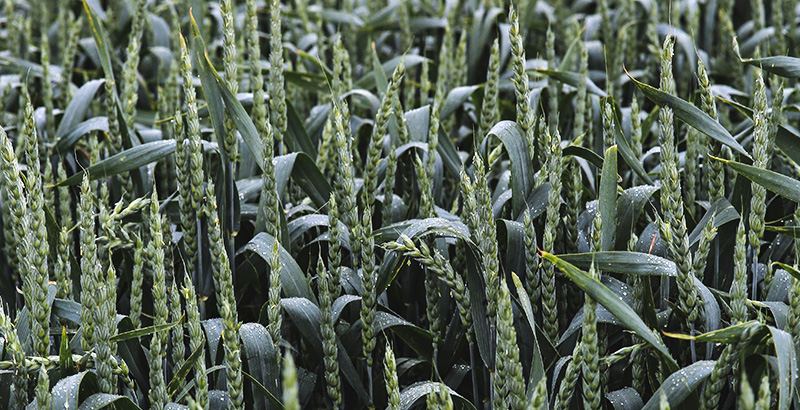In 2017, the Novo Nordisk Foundation awarded a DKK 35 million grant for the project ‘Harnessing the Oxidative Power of Enzymes’ at the Copenhagen Plant Science Center, University of Copenhagen.
The scientists focused on a recently discovered class of enzymes called lytic polysaccharide monoxygenases (LPMOs). These enzymes are important for converting materials such as cellulose that are not easily degraded. With the help of copper, the LPMOs can penetrate the cellulose allowing other enzymes to access the material and release the sugar in the biomass. LPMOs are already used commercially today for converting plant waste to bioethanol.
Nevertheless, LPMOs are likely also responsible for some unwanted effects such as spreading plant diseases. In nature, many different microorganisms produce these enzymes, and data suggest that the microorganisms that cause several plant diseases use a whole arsenal of LPMOs.
More in-depth understanding of the function of LPMOs will have great significance for different fields such as agronomy, pharmacology and biotechnology.
A key element of the project involved establishing the Laboratory of Oxidative Enzymology at the Copenhagen Plant Science Center. The laboratory includes unique facilities with equipment to work under oxygen-free conditions and dedicated facilities for microbial and plant work.
The project was a partnership between the Department of Geosciences and Natural Resource Management, the Department of Plant- and Environmental Science (Copenhagen Plant Science Center), the Department of Chemistry, and the Novo Nordisk Foundation Center for Protein Research at the University of Copenhagen, and the Novo Nordisk Foundation Center for Biosustainability at the Technical University of Denmark.
Katja S. Johansen from the Department of Geosciences and Natural Resource Management of the University of Copenhagen was the grant recipient. The project ended in 2022.








